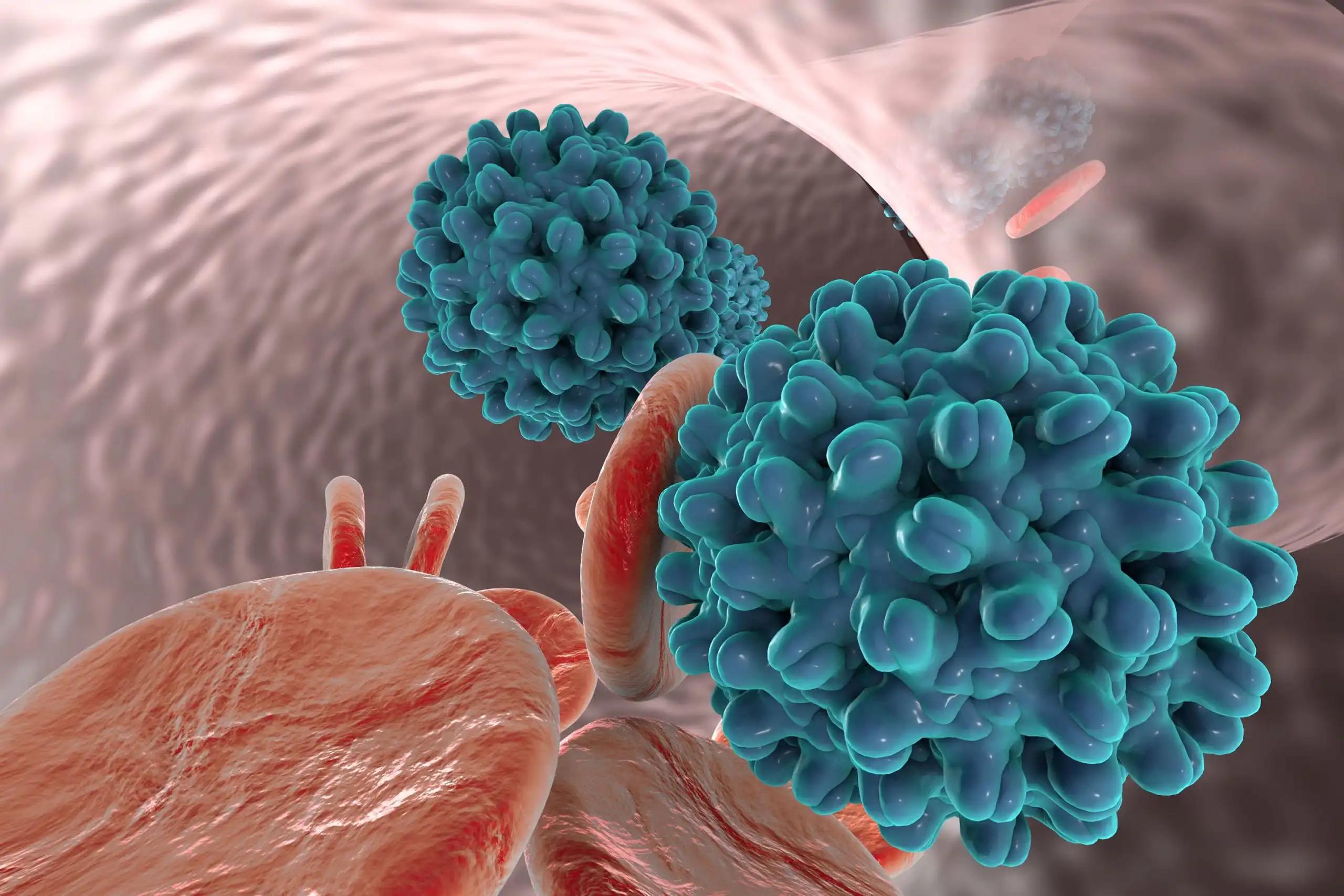KEY TAKEAWAYS
- The phase 2 trial aimed to investigate the efficacy of ICB with metronomic chemotherapy in breast cancer pts.
- The primary endpoint was to determine DCR.
- Researchers noticed promising clinical efficacy and observed evidence of cooperativity between metronomic VEX chemotherapy and PD-1 blockade.
Combining immune checkpoint blockade (ICB) with chemotherapy represents a potential breakthrough in enhancing treatment efficacy for breast cancer patients (pts). The suitability of metronomic chemotherapy in comparison to conventional chemotherapy when combined with ICB remains uncertain.
Hongnan Mo and her team aimed to assess the therapeutic potential of combining ICB with metronomic chemotherapy in breast cancer.
This study is a multicenter randomized phase 2 trial using a multi-arm design with Bayesian adaptive randomization and efficacy monitoring. Eligible pts have advanced HER2-negative breast cancer with no more than one prior line of standard chemotherapy.
Patients were randomized to 5 groups: 1) metronomic vinorelbine (NVB, 40 mg/day, TIW) monotherapy (the control cohort); 2) NVB + toripalimab (anti-PD1 antibody, 240 mg Q3W); 3) bevacizumab (5 mg/kg Q3W) + NVB+ toripalimab (the BEV cohort); 4) cisplatin (50mg/m Q3W) + NVB + toripalimab (the DDP cohort); 5) cyclophosphamide (50mg/day, QD) + capecitabine (500 mg, TID) + NVB+ toripalimab (the VEX cohort). The primary endpoint was disease control rate (DCR). Mass cytometry time-of-flight analyses of paired blood samples were performed to demonstrate dynamic changes in the systemic immune profile.
About 103 pts with advanced HER2-negative breast cancer were randomized across five treatment cohorts. The cisplatin cohort exhibited a significantly higher rate of nausea compared to others (P< 0.001). The VEX and cisplatin cohorts displayed the highest DCR at 69.7% (95% CI 51.7–85.9%) and 73.7% (95% CI 56.1–88.7%), respectively. Notably, pts in the VEX cohort demonstrated the longest Progression-Free Survival (PFS) at 6.6 months (95% CI 4.0-5.9), while the DDP cohort had a relatively shorter PFS of 3.5 months (95% CI 2.2-5.3). In the Triple-Negative Breast Cancer (TNBC) subgroup, the VEX cohort again showed the highest DCR at 74.1% (95% CI 47.9%-95.4%) and the longest PFS at 9.8 months (95% CI 3.8-21.9).
Furthermore, CD45+ immune cells were clustered into 32 groups, with the change in cluster 30 differing between responders and non-responders. This cluster consisted of intermediate monocytes expressing high levels of CD38. Additionally, the overall expression of CD38 in monocytes significantly increased with DDP and BEV treatments compared to baseline, whereas no such increase was observed in the VEX groups.
The study concluded that the data indicate promising clinical efficacy and provide evidence of cooperativity between metronomic VEX chemotherapy and PD-1 blockade in the treatment of the investigated cohort.
The study is sponsored by Cancer Institute and Hospital, Chinese Academy of Medical Sciences
Clinical Trial: https://clinicaltrials.gov/study/NCT04389073
Mo H , et al. (2023). “Efficacy and safety of toripalimab plus metronomic chemotherapy in HER2 negative metastatic breast cancer” Presented at ESMO IO 2023 (Abstract 99 P).



